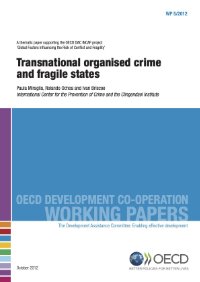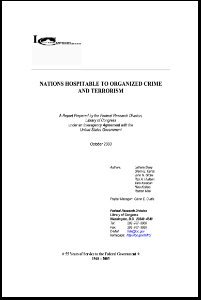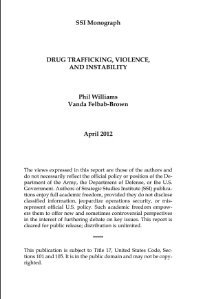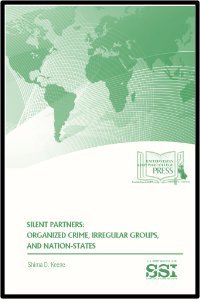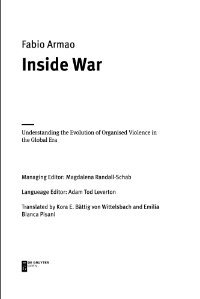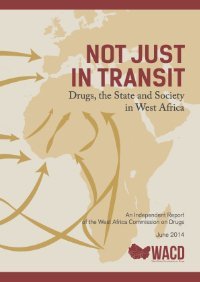By R. Evan Ellis.
Since his election in 2013, Honduran President Juan Orlando Hernandez has made significant changes in the strategy and institutions of the country in combating the interrelated scourges of organized crime and violent gangs, which have prejudiced Honduras as well as its neighbors. Principal among these are the creation of a new inter-agency structure, de la Fuerza de Seguridad Interinstitucional Nacional (the National Inter-Agency Security Force [FUSINA]), integrating the military, police, prosecutors, special judges, and other state resources to combat organized crime and delinquency in the country. More controversially, he has created a new police force within the military, the Policía Militar del Orden Público (Military Police of Public Order [PMOP]), which has been deployed both to provide security to the nation’s principal urban areas, Tegucigalpa, Comayagüela and San Pedro Sula, and to participate in operations against organized crime groups. In the fight against narcotrafficking, he has advanced a concept of three interdependent “shields”:
1). An air shield to better control Honduran airspace, enabled by January 2014 enabling the shoot-down of suspected drug flights and the acquisition of three radars from Israel to support intercepts by the Honduran air force;
2). A maritime shield, with new naval bases on the country’s eastern coast, and new shallow-water and riverine assets for intercepting smugglers; and,
3). A land shield, including enhanced control of the border with Guatemala through the Task Force “Maya Chorti.”
Beyond FUSINA, the Hernandez administration has also sought to reform the nation’s national police, albeit with slow progress. It is also reforming the penitentiary system, dominated by the criminal gangs MS-13 and B-18.
The new security policies of the Hernandez administration against transnational organized crime and the gang threat, set forth in its Inter-Agency Security Plan and “OPERATION MORAZÁN,” have produced notable successes. With U.S. assistance, FUSINA and the Honduran government dismantled the leadership of the nation’s two principal family-based drug smuggling organizations, the Cachiros and the Los Valles, and significantly reduced the use of the national territory as a drug transit zone, particularly narco flights. Murders in the country have fallen from 86.5 per 100,000 in 2011, to 64 per 100,000 in 2014.
This monograph focuses on the evolution of the transnational organized crime and gang challenges in Honduras, the strategy and structures of the Hernandez administration in combating them, associated challenges, and provides recommendations for the U.S. military and policymakers to support the country in such efforts.
Carlisle, PA: U.S. Army War College Press, 2016. 104p.






